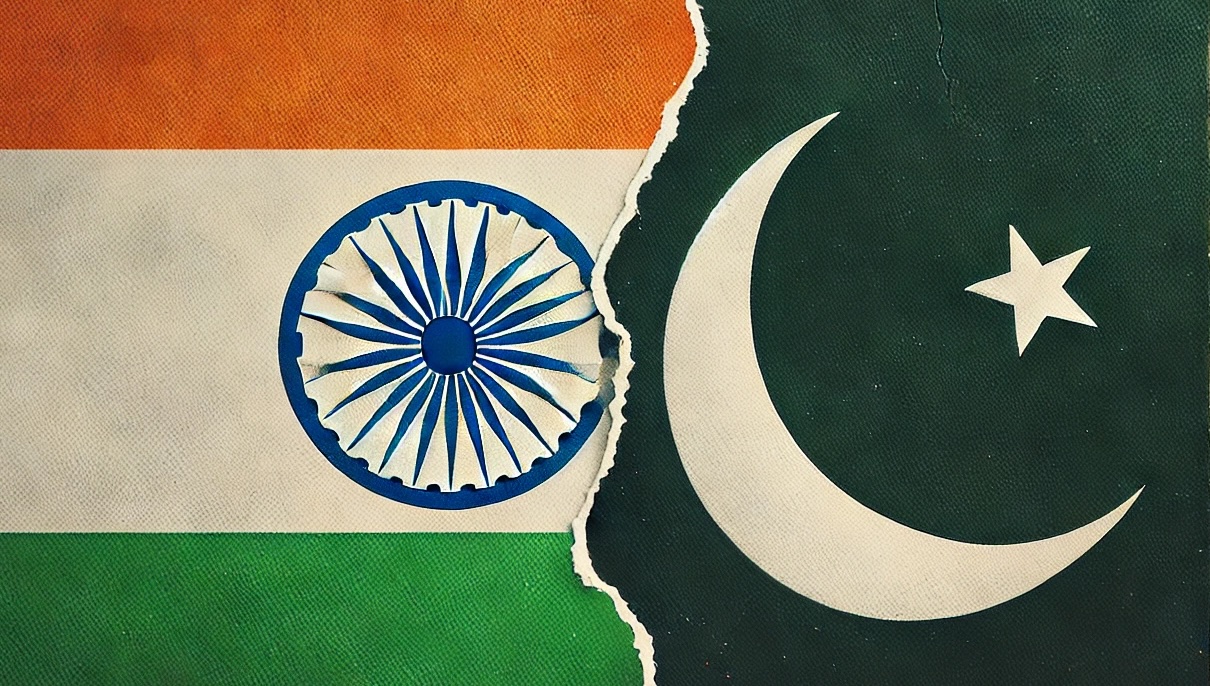Already a subscriber? Make sure to log into your account before viewing this content. You can access your account by hitting the “login” button on the top right corner. Still unable to see the content after signing in? Make sure your card on file is up-to-date.
India and Pakistan have accused each other of attacking one another after another night of cross-border gunfire in Kashmir, leading to growing fears of a broader conflict between the two nuclear-armed nations.
Some shit you should know before you read: If you’re unaware, last week terrorists attacked a popular tourist area in Pahalgam, Kashmir, on Tuesday, killing 26 civilians, mostly Hindus. India has accused Pakistan of backing the attackers, linking them to a group called Kashmir Resistance that it claims operates with support from Pakistan’s military. Pakistan has denied any involvement, calling India’s allegations baseless and politically motivated. The Kashmir region has a long history of resentment toward Indian rule, with many locals opposing heavy militarization and seeking either independence or union with Pakistan. Both India and Pakistan are also nuclear-armed countries, with India having about 160 nuclear warheads and Pakistan having around 170.

What’s going on now: According to reports from the Indian army, the latest round of cross-border gunfire erupted around midnight on Sunday, with Indian forces responding to what they described as “unprovoked small arms fire” from multiple Pakistani army posts along the Line of Control (LoC). Although no casualties have been reported, the exchanges have intensified tensions in the already volatile Kashmir region, with each side accusing the other of instigating hostilities. India maintains that the gunfire is part of Pakistan’s broader support for “cross-border terrorism.”
While Pakistan has yet to issue an official comment on the specific incidents of the past night, they have previously disputed other claims by India, noting that India fired first.
Pakistani officials, however, have escalated their rhetoric, warning that India may be preparing for a direct military incursion. Defense Minister Khawaja Muhammad Asif said, “We have reinforced our forces because it is something which is imminent now.” In an interview with Reuters, Asif added that “some strategic decisions have to be taken,” indicating that Pakistan is bracing for potential Indian action.
Asif also addressed the broader implications of the escalation, warning that while Pakistan prefers restraint, it would not hesitate to respond if provoked. He also said that Pakistan would “only use our nuclear weapons if there is a direct threat to our existence.”
This comes as governments from around the world are calling on both sides to show restraint and avoid further escalation. The United States urged India and Pakistan to work toward a “responsible resolution.”
Turkish President Recep Tayyip Erdogan also weighed in, urging both nations to pursue de-escalation to prevent further destabilization of the region.






